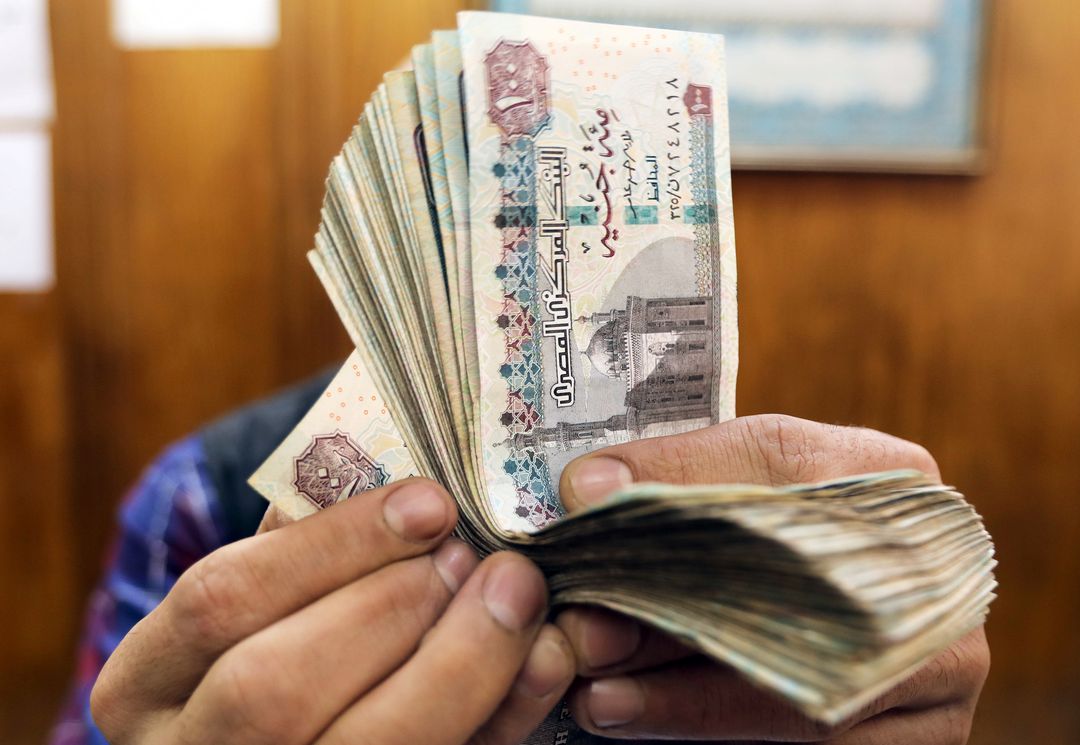284
Egypt’s finance minister said on Monday the government could no longer depend on foreign purchases of treasuries to finance its budget, but must work to boost foreign direct investment (FDI) instead.
“The lesson we have learned (is that) you cannot depend on this type of investment. It is coming just to get high yields, and once there is a shock it leaves the country,” Maait told the American Chamber of Commerce.
“In four years I have worked (through) three shocks from this hot money,” Maait said.
Some $15 billion left the country during the 2018 emerging market crisis and close to $20 billion left at the outbreak of COVID-19 in 2020, he said.
Egypt faced a similar crisis this year when Russia invaded Ukraine and the United States began to hike interest rates. That sparked a portfolio investment outflow estimated at $20 billion.
“We have to depend on FDI,” said Maait. “We have to depend on improving our environment for investment. We have to depend on increasing private sector participation.”
Egypt has long had some of the highest real interest rates globally but held rates steady last week. Maait said a surge in inflation to 13.5 per cent had turned real rates negative.
Higher global interest rates, a weak currency and investor wariness of emerging markets suggest Egypt will struggle to finance a projected $30 billion budget deficit for the financial year starting July 1.
“We have a plan. Number one, we are in talks with many investors in the Gulf and others, and we have assets. The second is concessional borrowing, maybe from international banks, European, World Bank, African Development Bank,” Maait said.
Although a sharp drop in Ukrainian and Russian visitors has dealt Egypt a blow, Maait said tourism was rebounding and gas exports were more profitable. Egypt would also look to non-traditional funding such as a repeat of samurai bonds it sold in Japan in March, he said.
“I can go again. Now I’m talking with the Chinese to issue a panda (bond). It’s very cheap.”
REUTERS


